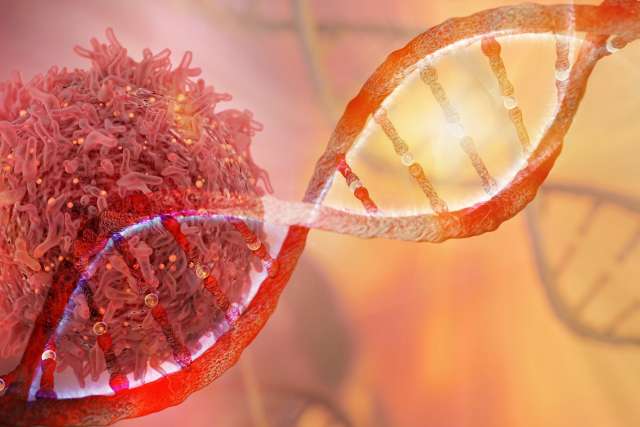
Owen Witte, MD
Languages
Contact Information
Phone
Scientific Interests
Dr. Owen Witte's research interests center on understanding cancer pathogenesis and the immune response as a way to define new targets for therapy. His past work has defined the family of tyrosine kinase enzymes including Bcr-Abl and its role in human Chronic Myelogenous Leukemia and Bruton's tyrosine kinase as regulator of lymphocyte growth control. This has helped enable the development of drugs like Imatinib and Ibrutinib now used in the treatment of multiple leukemias, lymphomas and other cancers.
More recent research has centered on epithelial cancers including prostate cancer. Witte has defined surface antigens like PSCA and others. Several of his projects are now centered on defining additional cell surface and internal antigens for immune attack with mAb, CAR-T, or TCR related strategies. A fundamental understanding of normal prostate development and stem cells is used as a comparison to the process of prostate cancer development, metastasis and conversion to its aggressive castration resistant form. .
Witte has defined specific kinases and their pathways that point towards new targets for therapy, as well as a developmental change of tumors in response to therapy that drives the evolution of a very aggressive small cell histology with neuroendocrine features. In many of his studies, he employs advanced imaging technologies including Positron Emission Tomography to monitor specific cell populations and aspects of tumor and immune response metabolism.
Highlighted Publications
Stoyanova T, Riedinger M, Lin S, Faltermeier CM, Smith BA, Zhang KX, Going CC, Goldstein AS, Lee JK, Drake JM, Rice MA, Hsu EC, Nowroozizadeh B, Castor B, Orellana SY, Blum SM, Cheng D, Pienta KJ, Reiter RE, Pitteri SJ, Huang J, Witte ON. Activation of Notch1 synergizes with multiple pathways in promoting castration-resistant prostate cancer. Proc Natl Acad Sci U S A. 2016 Oct 18;113(42):E6457-E6466. Epub 2016 Sep 30.
Drake JM, Paull EO, Graham NA, Lee JK, Smith BA, Titz B, Stoyanova T, Faltermeier CM, Uzunangelov V, Carlin DE, Fleming DT, Wong CK, Newton Y, Sudha S, Vashisht AA, Huang J, Wohlschlegel JA, Graeber TG, Witte ON, Stuart JM. Phosphoproteome Integration Reveals Patient-Specific Networks in Prostate Cancer. Cell. 2016 Aug 11;166(4):1041-1054. doi: 10.1016/j.cell.2016.07.007. Epub 2016 Aug 4.
Lee JK, Phillips JW, Smith BA, Park JW, Stoyanova T, McCaffrey EF, Baertsch R, Sokolov A, Meyerowitz JG, Mathis C, Cheng D, Stuart JM, Shokat KM, Gustafson WC, Huang J, Witte ON. N-Myc Drives Neuroendocrine Prostate Cancer Initiated from Human Prostate Epithelial Cells. Cancer Cell. 2016 Apr 11;29(4):536-47. doi: 10.1016/j.ccell.2016.03.001. Epub 2016 Mar 31.
Faltermeier CM, Drake JM, Clark PM, Smith BA, Zong Y, Volpe C, Mathis C, Morrissey C, Castor B, Huang J, Witte ON. Functional screen identifies kinases driving prostate cancer visceral and bone metastasis. Proc Natl Acad Sci U S A. 2016 Jan 12;113(2):E172-81. doi: 10.1073/pnas.1521674112. Epub 2015 Nov 30.
McCracken MN, Vatakis DN, Dixit D, McLaughlin J, Zack JA, Witte ON. Noninvasive detection of tumor-infiltrating T cells by PET reporter imaging. J Clin Invest. 2015 May;125(5):1815-26. doi: 10.1172/JCI77326. Epub 2015 Mar 30.


